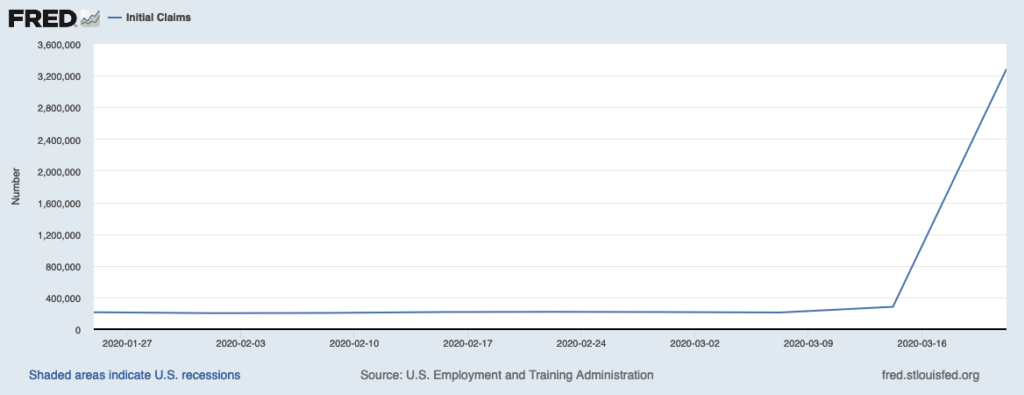This page became too long and was heavy on loading. So the google searches collection has moved to seperate pages. Start here.
Tag: traffic jams
Coronavirus, telecommuting and the labor market
Before the coronavirus pandemic nobody wrote the words “social” and “distancing” in the same Google search query. Now there is a Google topic called “social distancing” and starting in March 9 as much as about 20% of all search queries which contained the word “social” also contained the word “distancing” in the US. Similarly with the words “rules” and “lockdown”.
In fact chances are that as you are reading this your are in some form of lock-down (make sure you know your regional rules) and most certainly your are practicing some form of telecommuting. I studied the regularity by which Germans log Google search queries containing the word “stau” (traffic jam) in a paper published at PLOS ONE. They type it together with a source of traffic jam information (e.g. radio or tv station or a website), or together with a highway number revealing their itinerary in some way. Here is what this looked like the last seven days on an hourly basis now (blue) and the same time interval three weeks ago:

On the average this is about a threefold reduction in such searches (more on the peaks) which correlates well with the fact that driving on German highways has been much more pleasant of late.
Similarly there is a 57% reduction in flights world wide! If we could find a way to fly less without affecting productivity we might even save the planet.

On the other hand Google search interest in telecommuting has surged world wide as you can see in the comparative graph below, which shows ninety days of searches on the topic of “telecommuting” now (in blue) and a year ago. There is as much as an eight-fold surge as one can see by just eyeballing the graph.

As a result “traffic jams” moved from the road to the internet, a fact which has led Netflix and Youtube to lower video quality in Europe in order to not overload infrastructure. I think in the weeks ahead as more and more people join the ranks of home-office (not every socioeconomic entity was able to respond as quickly to the coronavirus shock) we might see the investment gap exposed, especially in Germany.
First signs show the coronavirus pandemic already impacting the labor market worldwide. In the graph below we see 90 days of searches on the topic of “unemployment benefits” world wide now (in blue) and a year ago.

In the US from March 14 to March 21 there has been a surge of 1064% in Initial Unemployment claims (that’s one thousand and sixty four percent)!

Those who want to make the argument that less driving and less flying will benefit the planet as we are doing home office ought to factor in that video-conferencing and all digital tech is based on large farms of servers running 24/7. It would be interesting to estimate the numbers so here is an interesting research question: what is the net environmental benefit (say in terms of CO2 emissions), per unit of welfare produced, from reducing traveling while increasing compute-center electricity consumption to offset that reduction?